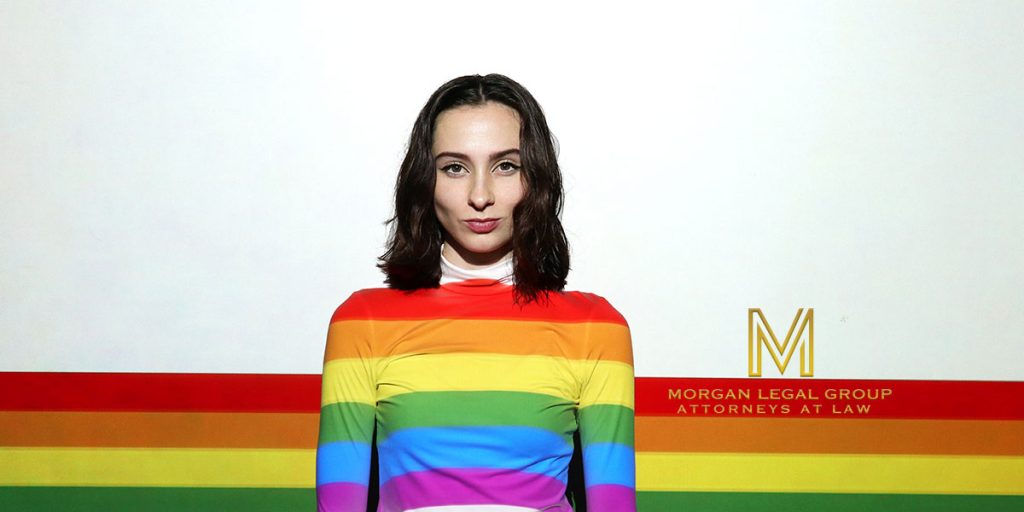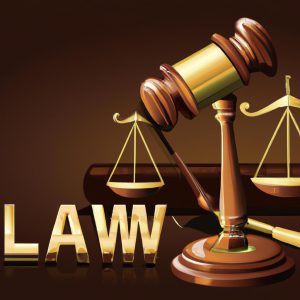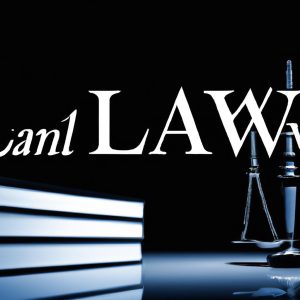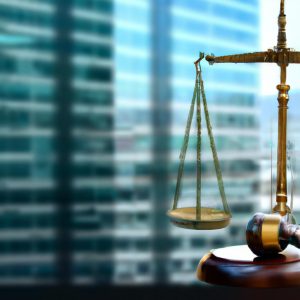LGBTQ Divorce in New York: A Comprehensive Legal Guide
Expert Insights from Morgan Legal Group P.C., New York City
Introduction
Divorce is a complex and emotionally challenging process for anyone, but it can come with unique considerations and issues for LGBTQ couples. In the state of New York, where marriage equality has been recognized since 2011, LGBTQ divorce cases are becoming increasingly common. This comprehensive legal guide, brought to you by Morgan Legal Group P.C., explores LGBTQ divorce in New York, including the legal aspects, challenges, and important considerations.
Understanding LGBTQ Divorce
LGBTQ divorce, also known as same-sex divorce, is the legal dissolution of a marriage between two individuals of the same sex. It involves the same legal processes and considerations as heterosexual divorce but may also present specific challenges related to the unique circumstances of LGBTQ couples.
1. Legal Recognition
New York recognizes same-sex marriages in the same way it does heterosexual marriages. This means that LGBTQ couples have the same legal rights and responsibilities when it comes to divorce, including issues like property division, child custody, and spousal support.
2. Property Division
One of the key aspects of any divorce is the division of marital assets and debts. LGBTQ couples in New York must navigate property division laws, which treat marital property as equally owned by both spouses regardless of gender or sexual orientation.
3. Child Custody and Support
Child custody and support arrangements are determined based on the best interests of the child, irrespective of the parents’ gender or sexual orientation. Courts in New York make custody decisions with the goal of providing a stable and loving environment for the child.
Challenges in LGBTQ Divorce
While LGBTQ couples have the same legal rights as heterosexual couples in divorce proceedings, there are some unique challenges they may face:
1. Lack of Precedent
Due to the relatively recent recognition of same-sex marriage, there may be fewer legal precedents to rely on in LGBTQ divorce cases. This can make the process less predictable and require creative legal strategies.
2. Non-Biological Parenthood
LGBTQ couples who have children may face challenges related to non-biological parenthood. This includes establishing parental rights for non-biological parents and addressing custody and visitation issues.
3. Discrimination and Bias
While New York has strong legal protections against discrimination based on sexual orientation, LGBTQ individuals may still encounter bias or discrimination, particularly in more conservative areas. It’s important to work with an experienced attorney who understands these potential challenges.
Why Legal Representation Matters
Regardless of sexual orientation, divorce is a significant life event that requires careful consideration and legal expertise. For LGBTQ couples, having knowledgeable legal representation is essential to ensure that their rights are protected and that they navigate the complexities of divorce effectively.
1. Understanding LGBTQ-Specific Issues
An experienced LGBTQ divorce attorney understands the unique issues that may arise in same-sex divorces, such as non-biological parenthood and discrimination concerns.
2. Protecting Your Rights
Your attorney will advocate for your rights and interests throughout the divorce process, from property division to child custody and support matters.
3. Navigating Legal Complexity
Divorce involves legal paperwork, deadlines, and court appearances. Your attorney will guide you through these complexities and ensure that you meet all necessary legal requirements.
Conclusion
LGBTQ divorce in New York is subject to the same legal principles as any other divorce, but it can come with unique challenges and considerations. With the right legal representation, LGBTQ couples can protect their rights and navigate the divorce process with confidence.












